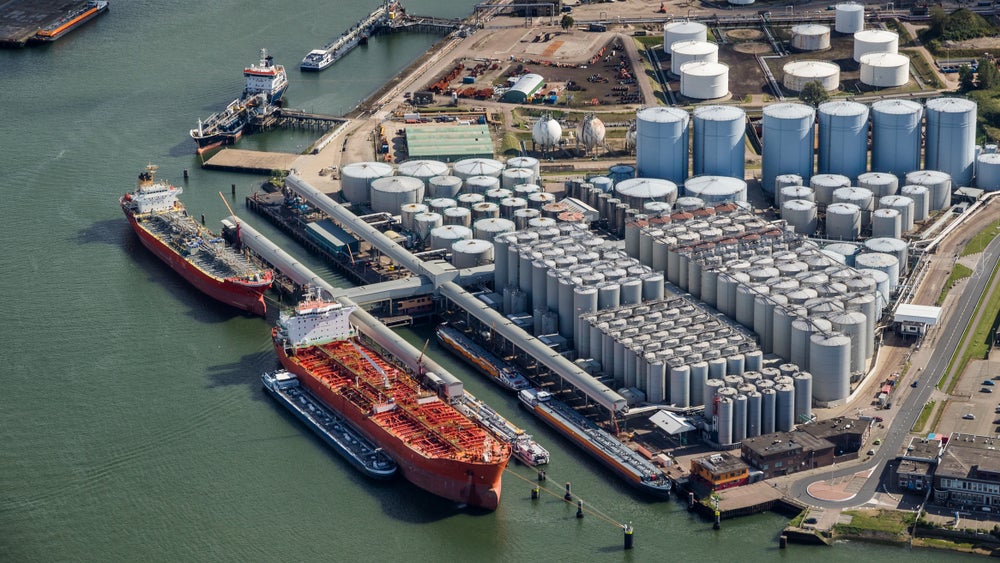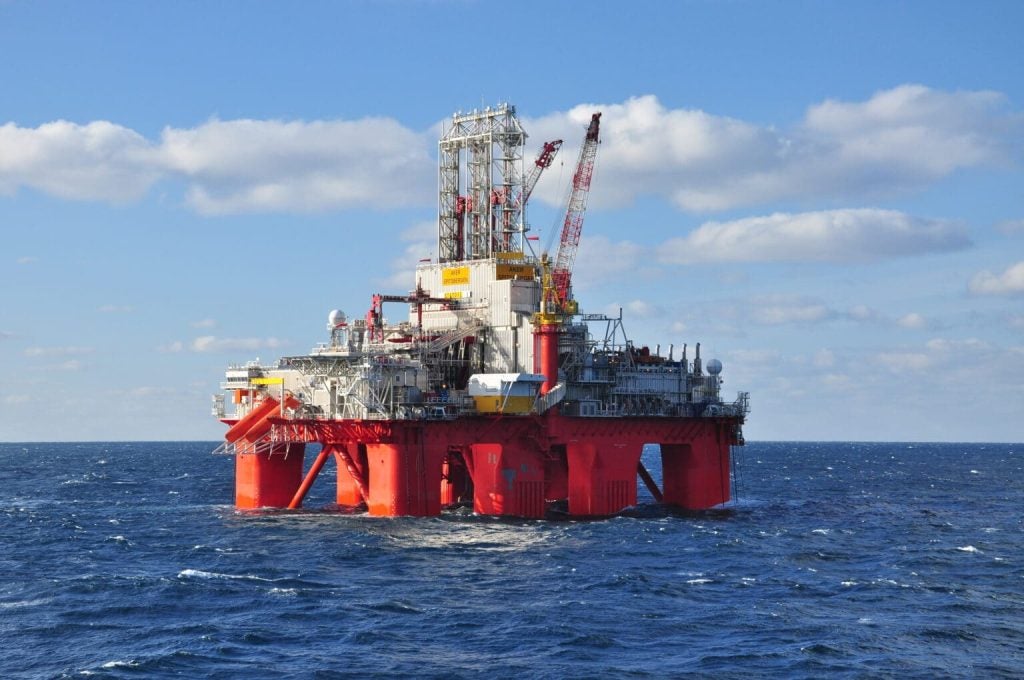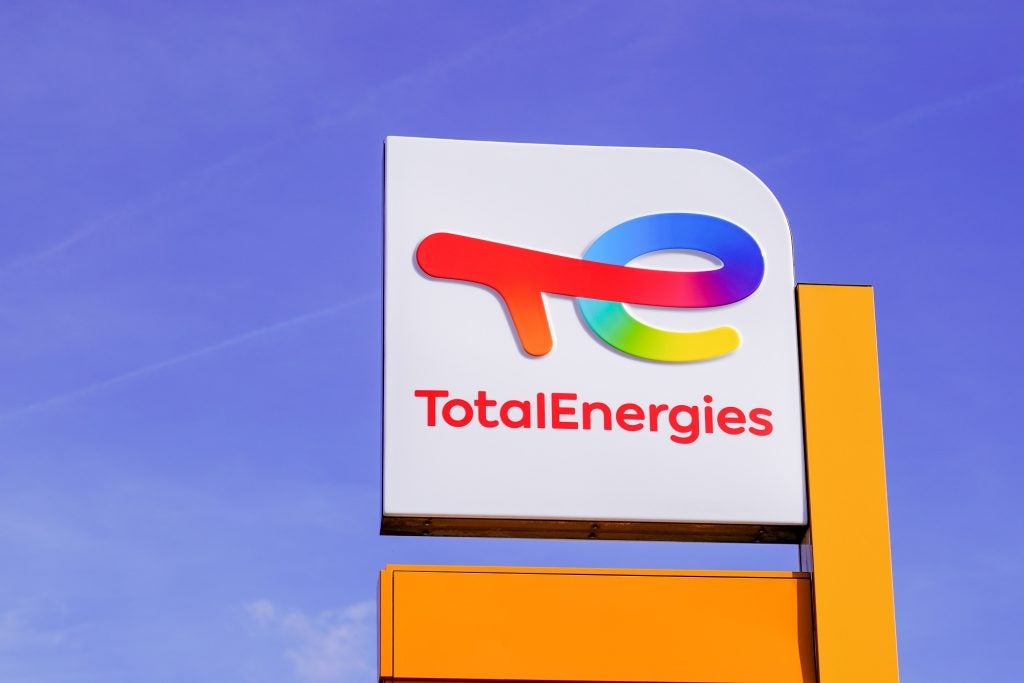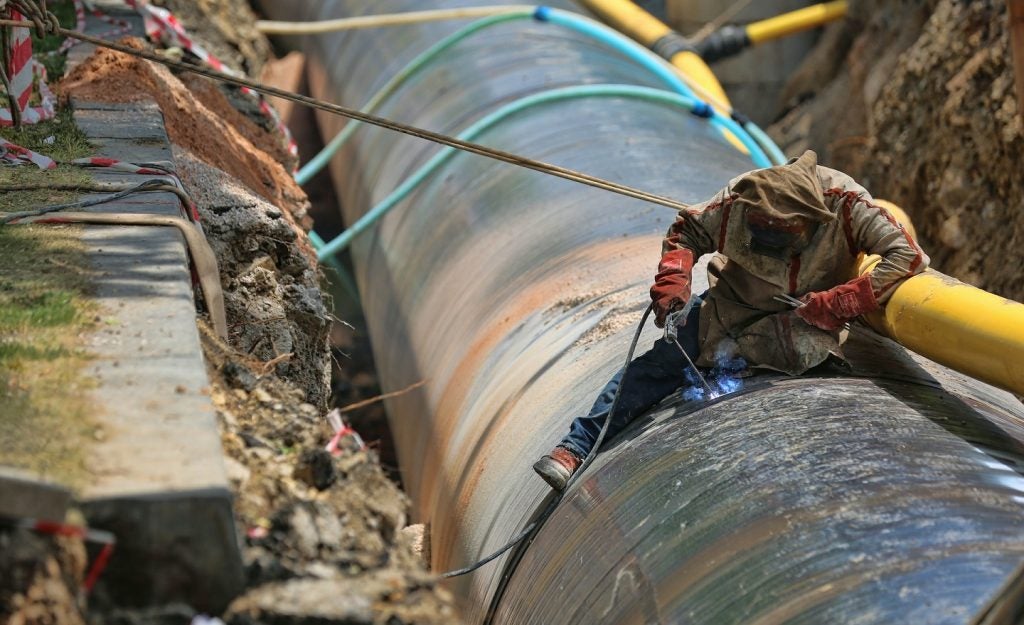The Nigerian Government has been advised to reduce its stake in the state-controlled Nigerian National Petroleum Corporation (NNPC) by President Bola Tinubu’s policy advisors.
The advice seeks to boost economic growth in the oil and gas sector, raising up to $17bn (N7.87trn). The stakes across all sectors of the oil and gas industry would be sold to private companies.
The group also recommends that the NNPC be stripped of any policymaking role within the Nigerian energy sector.
The policy document, seen by Reuters, advises that the NNPC "forms global strategic partnerships with coventurers (and) sells down interests in JVs to a minority position and develop an operating model that eliminates cash calls".
According to the energy and natural resources subcommittee of the government’s advisory council, the Nigerian Upstream Petroleum Regulatory Commission, Nigerian Midstream and Downstream Petroleum Regulatory Authority and the Nigerian Content Development and Monitoring Board should also be consolidated under a single regulator.
If Tinubu adopts the proposal, the country’s Petroleum Industry Act would require amendment by the National Assembly. The Nigerian National Assembly will be inaugurated on 13 June.
Nigeria is a major oil producer and joined the Organisation of Petroleum Exporting Countries in 1971. Nigeria’s petroleum exports are valued at $41.38m.
In May, Tinubu announced the removal of the country’s popular petrol subsidy, which cost the government $10bn last year. The decision frustrated Nigerian labour unions, which began an indefinite strike before entering into talks with the government.
“I admit that the decision will impose extra burden on the masses of our people. I feel your pain,” said Tinubu during a broadcast to mark Democracy Day on 12 June. Tinubu seeks to stabilise the country’s oil and gas industry during his presidential term.















